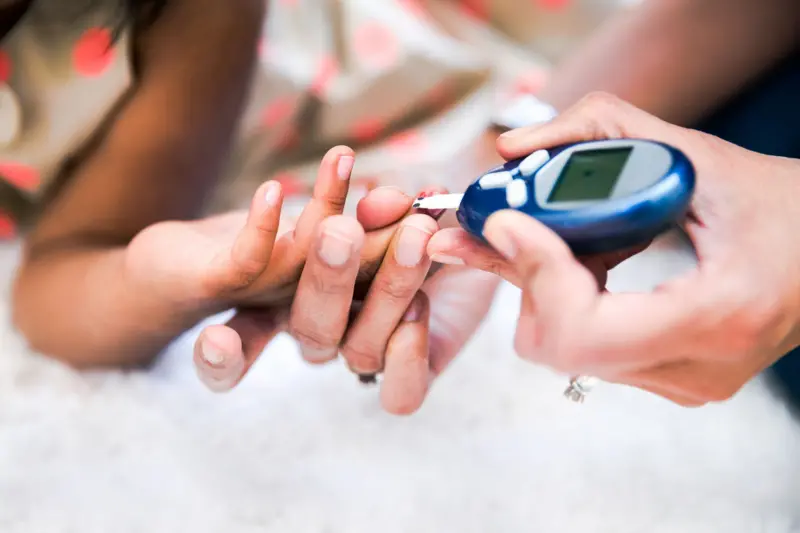فوٹو: فائل پاکستان ٹی ٹوئنٹی ٹیم کے نائب کپتان شاداب خان کا انجری کے باعث ایشیا کپ 2025 سے باہر ہونےکا امکان ہے۔ کندھے کی انجری کا شکار آل راؤنڈر شاداب خان نے جولائی میں برطانیہ میں اپنے کندھے کا آپریشن کرایا تھا، اسی وجہ سے بنگلادیش کے خلاف سیریز میں وہ شرکت نہیں کرسکے اور اب دورہ ویسٹ انڈیزRead more
 فوٹو: فائل
فوٹو: فائل
پاکستان ٹی ٹوئنٹی ٹیم کے نائب کپتان شاداب خان کا انجری کے باعث ایشیا کپ 2025 سے باہر ہونےکا امکان ہے۔
کندھے کی انجری کا شکار آل راؤنڈر شاداب خان نے جولائی میں برطانیہ میں اپنے کندھے کا آپریشن کرایا تھا، اسی وجہ سے بنگلادیش کے خلاف سیریز میں وہ شرکت نہیں کرسکے اور اب دورہ ویسٹ انڈیز میں بھی ٹیم میں شامل نہیں ہیں۔
ایشیا کپ ٹی ٹوئنٹی 9 سے 28 ستمبر تک متحدہ عرب امارات میں ہوگا، جب کہ شاداب خان کو سرجری کے بعد مکمل صحت یابی کے لیے کم از کم 3 ماہ درکار ہیں ، اس طرح شاداب اکتوبر تک مکمل فٹ ہوں گے۔
پی سی بی نے قومی ٹیم کے نائب کپتان کی جگہ یا اس کے متبادل کے بارے میں تاحال کوئی اعلان نہیں کیا ہے۔
ایشیا کپ میں پاکستان اپنا پہلا میچ 12 ستمبر کو عمان کے خلاف کھیلے گا جب کہ 14 ستمبر کو پاک بھارت مقابلہ شیڈول ہے۔
See less
 فوٹو: فائل
فوٹو: فائل
 فیضان رضا کو ڈی سی کی کرسی پر بٹھاکر بریفنگ دی گئی، فیضان رضا نے شہریوں کے مسائل بھی سنے اور فائلوں پر دستخط کیے،فوٹو: ایکس
فیضان رضا کو ڈی سی کی کرسی پر بٹھاکر بریفنگ دی گئی، فیضان رضا نے شہریوں کے مسائل بھی سنے اور فائلوں پر دستخط کیے،فوٹو: ایکس















یہ بات ایک طبی تحقیق میں سامنے آئی / فائل فوٹو اگر آپ جسمانی وزن میں اضافے سے پریشان ہیں تو ممکن ہے کہ ایسا آپ کی پسندیدہ غذا کے باعث ہو رہا ہو
اگر آپ جسمانی وزن میں اضافے سے پریشان ہیں تو ممکن ہے کہ ایسا آپ کی پسندیدہ غذا کے باعث ہو رہا ہو
See less